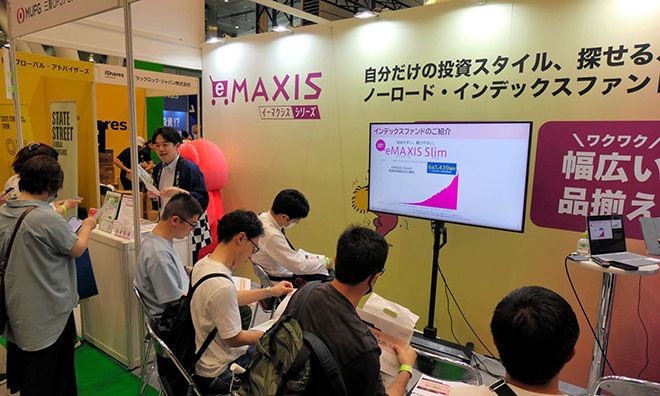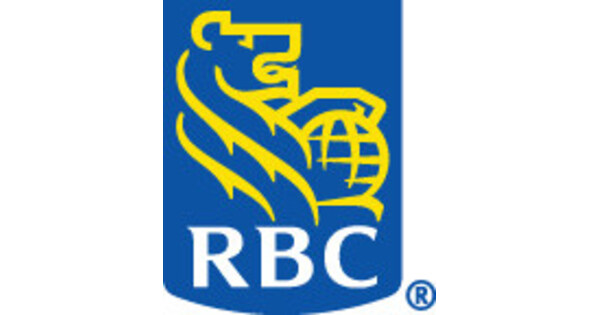Seeking higher returns, small-lot investors in Japan poured trillions of yen into mutual funds that invest in overseas stocks under a tax-exemption program that kicked off a year ago.
The five top funds, which all track performances of benchmark global or U.S. stock indexes, accounted for one-third of the approximately 11.8 trillion yen ($75 billion) invested through 10 securities companies during the first 11 months of 2024, an Asahi Shimbun survey found.
The revamped version of NISA, a government tax-free program for investments in investment trusts, stocks and other instruments, started in January last year.
NISA stands for Nippon Individual Savings Account.
The survey covered five leading securities houses–Nomura Securities Co., SMBC Nikko Securities Inc., Daiwa Securities Co., Mizuho Securities Co. and Mitsubishi UFJ Morgan Stanley Securities Co.–and five online brokerages: SBI Securities Co., Rakuten Securities Inc., Monex Inc., au Kabucom Securities Co. and Matsui Securities Co.
The purchase amounts at the 10 companies under the NISA program totaled 11.8 trillion yen between January and November, according to figures compiled by the Japan Securities Dealers Association.
The Asahi Shimbun survey found that the five most popular investment trusts accounted for about 4 trillion yen, or 33 percent, of the total purchase amount.
In particular, two products from Mitsubishi UFJ Asset Management Co.’s eMAXIS Slim series attracted more than 3.3 trillion yen between them.
One aims to match the returns of a global stock index, while the other is based on the S&P 500 index of leading publicly traded U.S. companies.
The NISA program consists of two categories: Tsumitate Quota, where investors can choose from about 300 investment trusts for monthly investments; and Growth Quota for buying stocks or about 2,300 investment trusts, exchange-traded funds and real estate investment trusts.
However, a handful of instruments that mainly invest in overseas markets, whose returns are relatively high and commissions low, are popular among investors.
While the Nikkei 225 index of the Tokyo Stock Exchange rose about 40 percent over the four years through 2024, it trailed the S&P 500’s nearly 60-percent rise over the same period.
Seven of the 10 securities companies provided breakdowns of purchased investment trusts by age groups.
The data showed that among those in their teens through their 40s, the 10 most-bought investment trusts all track performances of overseas stocks.
Overseas assets, such as investment trusts, are subject to foreign exchange fluctuations. Their values rise when the yen weakens but fall when the currency strengthens.
Under the NISA program, those aged 18 or older can invest up to 3.6 million yen a year for a total of 18 million yen with taxes exempted permanently.
(This article was written by Kohei Higashitani and Toshiki Horigome.)











Leave a Reply